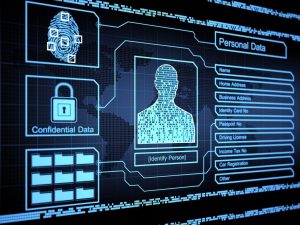Privacy is a fundamental aspect of individual freedom, serving as a critical shield that allows people to make personal decisions, express themselves, and engage in activities without unwarranted scrutiny or interference. In a world increasingly dominated by digital interactions, the concept of privacy extends beyond mere physical space to include data privacy, personal communications, and the protection of one’s identity online. Privacy empowers individuals by giving them control over their personal information, enabling them to determine what to share, with whom, and under what circumstances. This control is essential for the exercise of other fundamental freedoms, such as freedom of speech, freedom of association, and the right to make choices about one’s own life without external coercion. Without privacy, individuals may feel surveilled and constrained, leading to self-censorship, reduced personal autonomy, and a diminished sense of security.

The preservation of privacy is crucial in protecting individuals from overreach by governments, corporations, and other entities that may seek to monitor, control, or exploit personal information for various purposes. When privacy is compromised, the risk of abuse of power increases, as authorities or organizations can use personal data to track movements, influence decisions, or manipulate behaviors. This erosion of privacy can stifle free expression and dissent, as people may avoid voicing their opinions or participating in lawful activities if they fear that their actions are being monitored. In democratic societies, privacy functions as a safeguard that maintains a balance of power between citizens and authorities, ensuring that individuals can participate in public life and political processes without fear of undue surveillance or retaliation. The right to privacy is therefore intertwined with the broader struggle to maintain a free and open society, where individuals can think, communicate, and act independently.
Moreover, privacy plays a pivotal role in fostering creativity, innovation, and personal growth by allowing individuals the space to explore ideas, develop beliefs, and experiment with new ways of thinking without the pressure of public scrutiny. This freedom to explore privately contributes to a diverse and vibrant society where people can express their unique identities and perspectives. The importance of Privacy also supports personal relationships, enabling individuals to connect with others on their own terms, share intimate moments, and build trust without the constant fear of being observed or judged. In this way, privacy enhances the quality of human connections and helps preserve the social fabric by respecting the boundaries that individuals set for themselves. In essence, privacy is not just a personal preference but a fundamental component of individual freedom. It underpins the ability to live authentically, engage in free expression, and participate fully in society without undue interference. The ongoing effort to defend privacy rights is, therefore, a vital aspect of preserving the freedoms that define and enrich our lives.